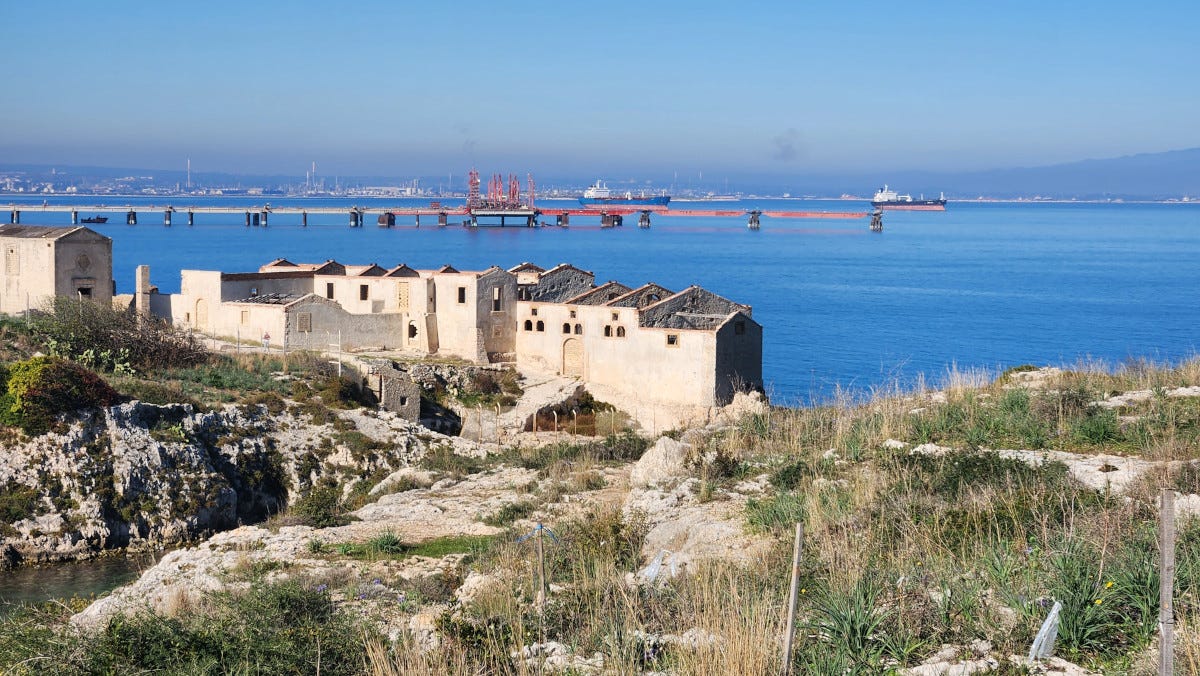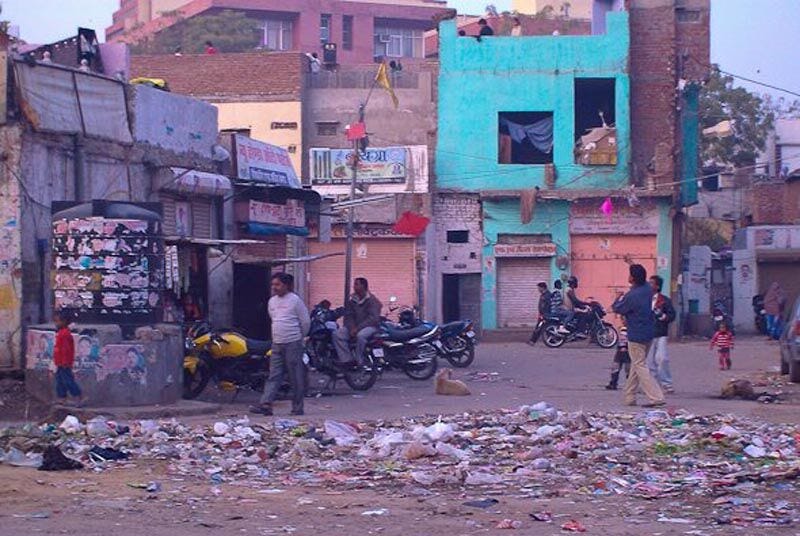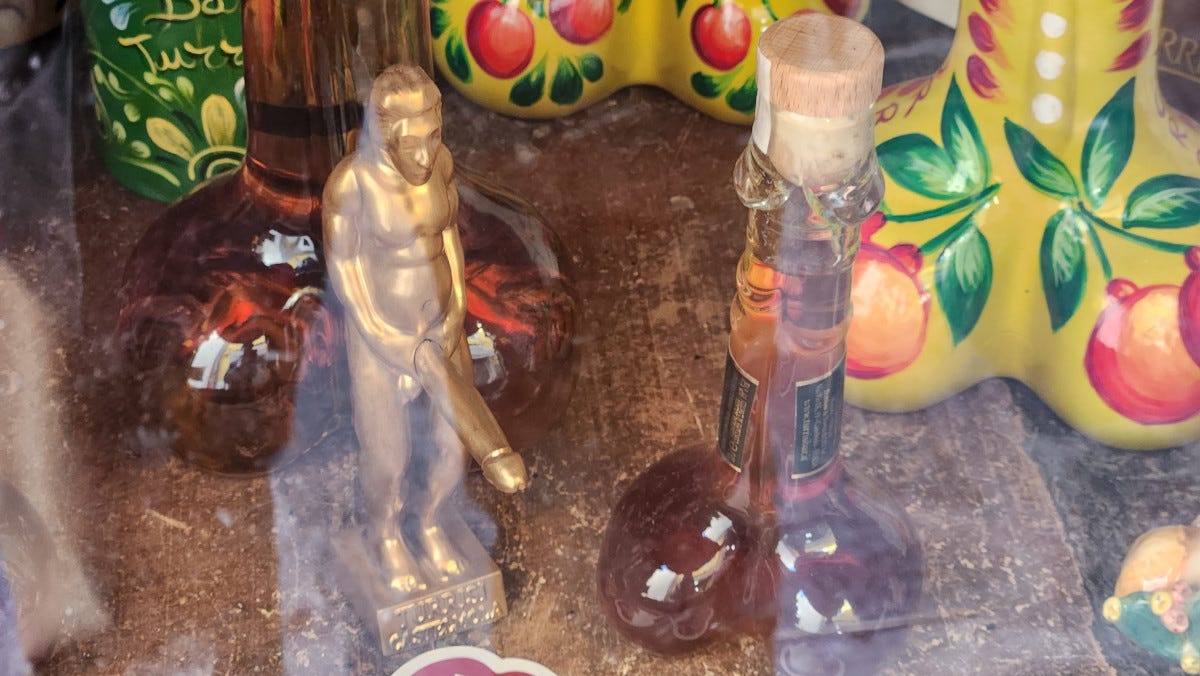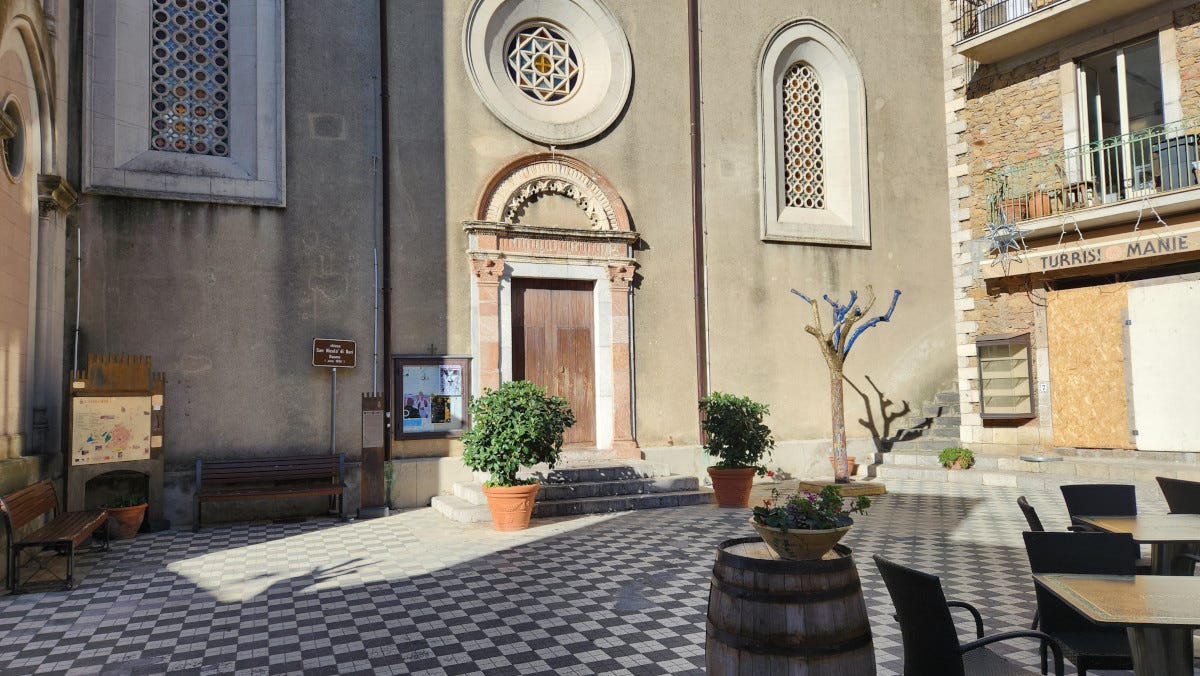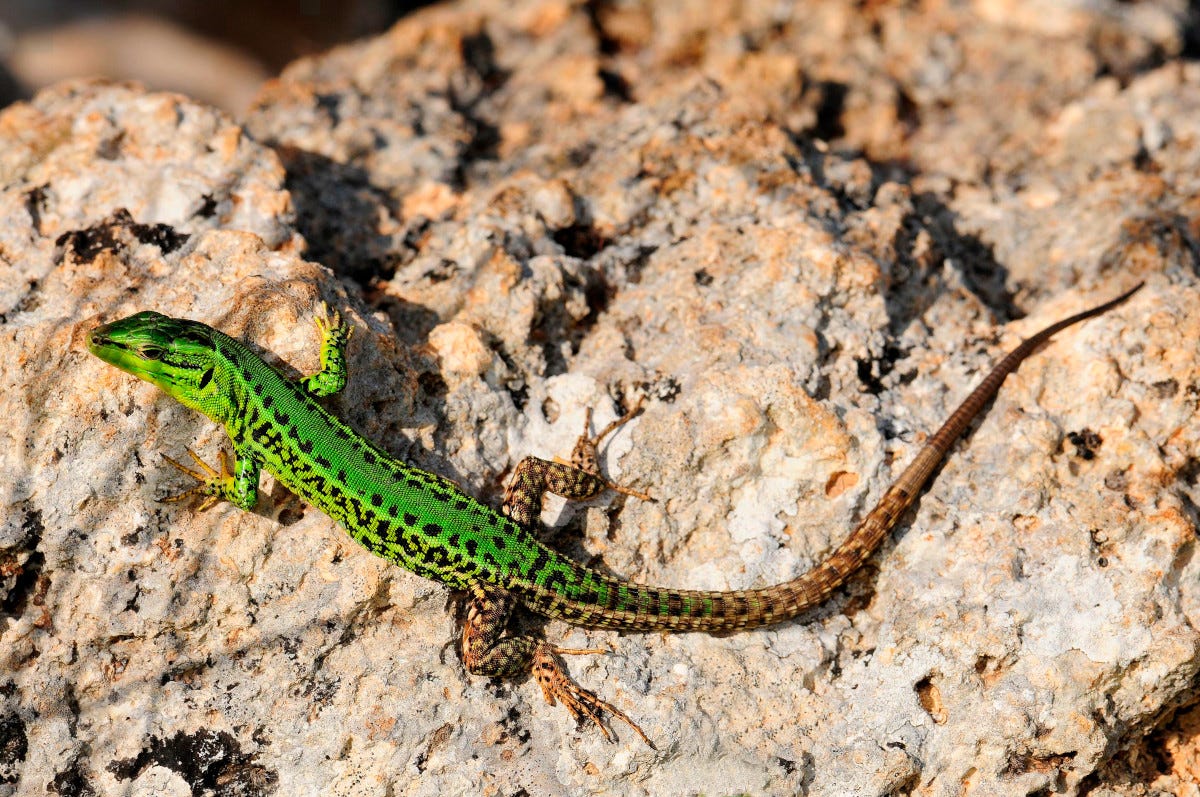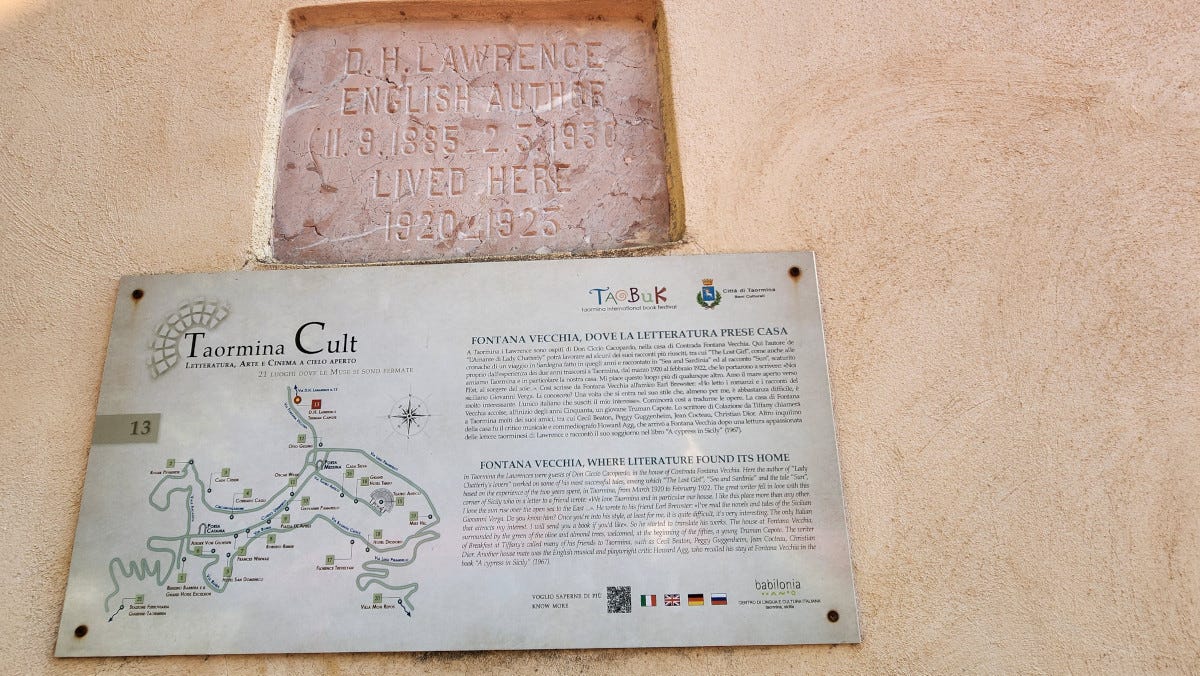For something a little different, today I have decided to share with you some short poems I wrote recently while in Sicily. These are not meant to be particularly beautiful. They were spontaneous outpourings of the daemon, and I feel it would do a disservice to my daemon to edit these pieces substantially.
Cactus Fruit
O Sicilian cactus fruit
with your imposing thorns:
You ward off visitors
looking to taste your sweet delights.
But, despite your defenses
you still manage to be more approachable
than most humans today.
O cactus, fecund plant of the desert,
yield to me your forbidden fruit,
so that I may pierce its yoni-like shell
and experience the bliss contained within.
O cactus fruit,
once I have plunged deeply
into your pink flesh
and devoured your innumerable seeds,
will you fertilize my soul,
you fruit of Venus?
Ionian Sea
Walking along the Rossana Maiorca trail,
I witnessed the emerald green waters of the eternal sea;
sea of Poseidon, sea of vine-sprouting ships, sea where Odysseus
may have sailed.
You retain your beauty, though you are poisoned inside
with our infernal waste.
Despite our collective sins against you,
your beauty remains visible.
Around a bend,
over a hill,
and the Machine
shows its disfigured countenance:
A petrol refinery looms menacingly
over the horizon.
Proof, O sea, that we have violated,
ravished, raped
your receptive waters.
The battle may be lost,
but the war is far from over.
One day you will have your revenge:
You will rise up and drown
our accursed civilization.
Tourists
They come here with their
limestone, amber, charcoal, and bauxite faces,
spend a few days taking pictures
with their selfie-sticks,
then go home, none the wiser.
They will never come close to a profound
understanding of the hidden realities
of the Mediterranean.
Swarms
They multiply in droves
overwhelming the world
with their filth.
They multiply faster than insects,
but have a longer lifespan.
They have crawled up out of the
putrid waters of Bombay
and now are found in fruit groves,
and as tech-CEOs.
Even on the streets of Taormina,
you can find them
peddling their wares
with their filthy, greedy hands,
sinking the world ever deeper into corruption
through their endless ambition.
You won’t sell me less than ten Euros of chestnuts because
you are a “businessman?”
Go to Hell!
My Gods are not the same as
your gods.
Chinese Products
Shop after shop
on the streets of small Italian villages
display signs declaring
“Artisanal product, 100% Made in Italy.”
But round the back,
the couriers deliver
pallets of packages
all coming from China.
Some things never change.
In this world of never-ending change,
hyper-reality,
robots,
cyborgs,
talk of life-extension,
and putting a man on Mars,
one has to thank the Gods
that there are a handful of things that
never change.
The Italians of today exhibit the same qualities
that endlessly annoyed Lawrence,
but also endlessly endeared them to him.
I am also endlessly annoyed by
and infinitely grateful for the Italians,
who will never change.
Maurice Magnus
Recently, I was presented with the spectacle of a
modern-day Maurice Magnus,
more sponge-like than the indigenous sponges:
the resemblance was uncanny.
Rather than spending time bothering Lorenzo in Taormina
or—fast-forward—choosing wines in Siracusa,
his time would have been better spent in Castelmola
where the cult of the phallus is alive and well.
Ah, if only modern men, limp, wet rags that they are
could display the toughness, determination, and fortitude
of a wooden, Sicilian, phallic bottle opener.
But alas, now more and more men become
like unto Maurice Magnus.
Per Favore, Non Mi Rompere i Coglioni. Grazie!
My grandfather Tony,
a man straight out of the Aeneid,
descendant of the ancient Trojans,
had more spunk in his system
and blood in his veins
than most modern men combined.
He lived by the motto:
“Per Favore, Non Mi Rompere i Coglioni. Grazie!”
Translated literally: “Please don’t break my balls. Thank you!”
He had this printed on the
back of his business cards.
It is truly a motto to live by in this
emasculated machine-age
where all balls are broken
and all people spunkless.
So, now, all,
men and women alike,
should strengthen their resolve,
and with courage and fortitude
stare the Machine in the face,
declaring to its diabolical countenance:
“Per Favore, Non Mi Rompere i Coglioni. Grazie!”
Electric Lamps
Entering the church of Saint Nicholas of Bari
with prayers for Pope Benedict
on my lips,
I turn around and leave
because I know in my heart
that the electric candles the church has installed
to replace age-old oil lamps
or beeswax candles
are not adequate transmitters of prayers
from my mouth
to God’s ears.
As I step outside,
I am informed that Benedict has died,
that last stalwart of tradition
in a church that wants so desperately
to attract the young
that it has sold its soul
and lost everything in return.
Electric candles are only one sign
of the ongoing decay.
We need a renewal!
Lizard
Hello lizard,
crawling around rocks,
baking in the midday Taormina sun.
Are you a descendant of the lizard that
D. H. L. wrote about?
You lizard, along with brother Sun,
and sister Moon,
the olive trees,
and even the beetles,
are what you are,
and proudly so.
All of you serve a divine purpose,
and serve it well.
Thus, Lawrence’s thesis stands:
you and all of creation
are more worthy of being watched
than man, who,
in the century since Lawrence
wrote about you,
has descended into
the primordial sludge.
Katabolic Sun
Sun,
giver of life,
vivifier,
renewer:
due to our collective folly
your essence has changed
and you have become hostile.
At one time,
long ago—
but not so long ago
in the greater scheme of things—
the Spartans
with their glistening, oiled bodies
played and trained under you,
gaining strength.
Later, Saint Francis wrote his greatest hymn
to you.
Even close to our day, you would heal people
who lived miserable lives in cities filled with
“Dark Satanic Mills!”
Now, everything has changed
and the process of katabolism
has set in.
Exposure to your rays
disintegrates human flesh—
perhaps burning away our sins?
Now the only refuge,
and only for a time,
is the cold, inhospitable North,
where the food
“tastes too much of the fat of the pig.”
Mount Etna
Mount Etna,
how much longer will your glaciers last,
exposed to the heat of the Sicilian sun’s rays,
which have been amplified
through the effects of climate change?
Soon, a visitor to Sicily’s hills
may be unable to see the ice and snow
that graced your sacred presence
for as long as human memory can remember,
leaving only your barren rock
and lava fields.
Clearly, this state of affairs is upon us,
and, Etna, your newfound barrenness
is a sign of things to come
for the rest of the world.
Lorenzo’s House
I arrived at your beloved house
in Taormina,
which was once so isolated,
but is now surrounded by urban sprawl.
Your dear house,
so inspirational to you,
is now a bed and breakfast
catering to the British tourists
you so reviled.
I wonder how many people occupying
the sacred space,
where your blessed feet once trod,
know that you
once resided there,
and that you are far more than just
the author of “Lady Chatterley’s Lover.”
Basta! Basta! Basta!
It matters not what things have come to:
your spirit is alive
and ever shall be,
and that is enough;
it has to be.
If you saw fit to touch me with your grace,
it is not due to my worthiness,
but your benevolence.





